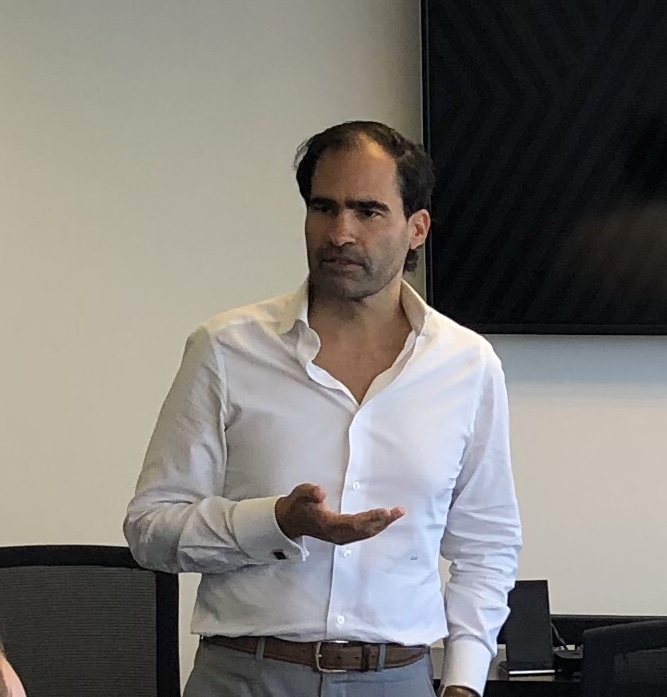The Premiumization Opportunity in the Jewelry Market: Interview with Daniel Langer, CEO Équité
Interview published in August 2018 in The Art of Jewellery, India
Interview with Daniel Langer, CEO Équité, by Anil Prabhakar, a luxury and lifestyle professional with domain expertise in watches and jewelry.
The scope for premiumization in the jewelry industry:
Both, through our research and through our work with some of the best luxury, lifestyle, and consumer brands in Asia, USA, and Europe, we find that there is a tremendous potential for premiumization. Every brand can be elevated further. It starts with understanding what brands really sell. Especially luxury brands must be extremely clear about how they create value. Selling a dream is not enough, because every brand in the luxury space is selling dreams. Much more precision is needed. In brand audits, we identify the current status, find gaps and subsequently work with our clients toward a significantly stronger positioning.
Making fine jewelry attractive to the millennials:
Millennials are the most important target group for luxury brands and the most exciting one. No generation before had a higher affinity for luxury. No generation before appreciated personalization more. I am always amazed why so many brands see them as a challenge. I think the challenge for luxury jewelry brands are not millennials but managers who don’t understand the potential and the way how to create relevant offers. In our work, we focus specifically on creating relevant strategies to win with millennials.
What do jewelers need to do to overcome the digital and e-commerce challenge?
What I said about millennials is true for digitalization too. Digitalization allows incredibly exciting opportunities to engage, interact, communicate and create brand experiences far beyond past limitations. Those who understand this will win, those who ignore this will become irrelevant.
Overcoming the threat from Synthetic diamonds:
In luxury, the brand is everything. The stronger a brand is, the more it connects with consumers, the more relevant it becomes, the more powerful it gets. Consumers don’t buy “products” in luxury, they trust and buy brands. Hence, the stronger the brands, the less they are exposed to “threats”.
But I don’t like defensive thinking. Synthetic diamonds are a reality. So brands should think about how they can use this new reality to gain a competitive advantage. True innovation means thinking beyond the comfort zone and creating instead of worrying and mourning the change.
The future of physical retail for the jewelry industry:
The store of the future is where the consumer is. It’s digital when the consumer purchases through a digital device and it will be a brick and mortar store when a consumer is shopping or wants to touch and feel the product. But stores need to change. They need to put the consumer into the center. Take them serious. Many brands say they do it today, but few do it really. The store needs to provide a branded experience, not just a category experience. Why do all jewelry stores look the same? People buy brands, not categories!
Daniel Langer is founder and CEO of Équité, a leading global luxury, lifestyle and consumer brand strategy firm that develops and elevates brands around the world to increase their revenue, profitability and brand valuation. Daniel is an authority on premium, luxury, and consumer brands and serves clients in many sectors, including automotive, fashion, luxury, accessories, hospitality and services (B2B, B2C). Among his clients are iconic brands like Ferrari, Maserati, KitchenAid, Ecolab, Ancestry.com and several prestige beauty brands, to name a few. He holds a PhD in luxury marketing and is the author of several top-rated books on luxury management in English and Chinese. He held top management positions in the beauty industry in the US, Japan, and Europe, where he developed several triple-digit million-dollar brands from scratch and managed billion-dollar businesses. Daniel is a sought-after commentator by the media, writes and collaborates with The Economist and is frequently invited by companies and associations for keynote presentations and luxury leadership workshops. He lives in the US, works all around the world, speaks seven languages and enjoys yoga. For more information visit equitebrands.com.



